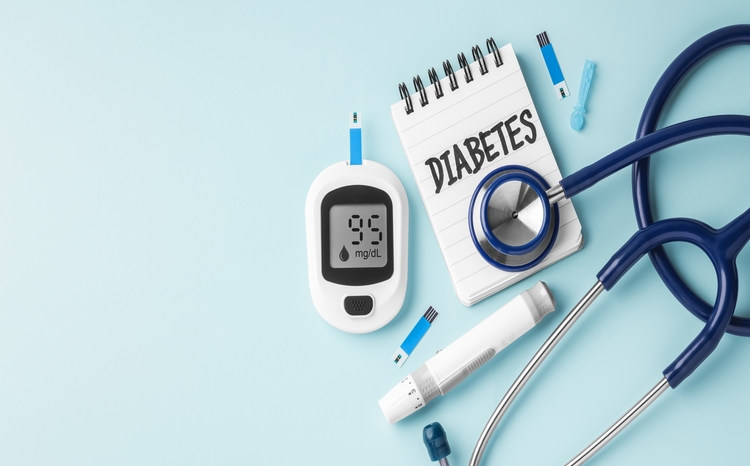Intellect calls for more IT in diabetes care
- 27 August 2008
The trade association Intellect has expressed disappointment that the Department of Health’s latest policy statement on diabetes fails to give a role to telehealth and telecare.
The DH issued a five-year update on its National Service Framework for diabetes care last week, and argued that it had made significant strides in identifying people at risk of diabetes and in diagnosing people who were unaware that they had the condition.
It says that 600,000 people have been diagnosed with diabetes in the past five years – around 2,000 per week – and that “increasing numbers” are being monitored by their GPs for complications.
However, Intellect, the trade association for the UK technology sector, says that more attention could be given to how telehealth and telecare solutions, such as remote patient monitoring, could support both patients and clinicians.
Adrian Flowerday, chair of Intellect’s Telehealth Group and managing director of Docobo, said there are at least three areas in which technology can help. “First, for patients with Type-1 diabetes, telehealth can help clinicians to better understand a patient’s insulin usage and enable appropriate medication titration,” he says.
“Second, post diagnosis of Type-2 diabetes, two to three months of telehealth can help to educate patients about their condition and any lifestyle changes they may need to make. It can also help to monitor potential periods of depression, and can help clinicians to keep their patients’ blood-glucose levels under control.
“And third, for all diabetes patients, telehealth can serve as a long term reminder system for patients to monitor their blood sugar.”
The DH update, Five Years On, tacitly admits that preventing diabetes remains a challenge, although it claims the Healthy Weight Healthy Lives strategy will help people to make the necessary lifestyle changes. It also admits that more needs to be done to tackle diabetes among children and young people.
Lord Darzi of Denham’s Next Stage Review of the NHS made prevention a priority. It also emphasised the more efficient management of long-term conditions and giving patients more choice and more control over their own treatment.
Intellect argues that these are all areas in which telehealth and telecare can help – as the NHS has recognised with its Whole System Demonstrator programme and NHS Connecting for Health’s wider work on assistive technology.
"A broader application of such telehealth programmes would help provide a higher quality of diabetes care,” Mr Flowerday argued.
Link
The Five Years On report




